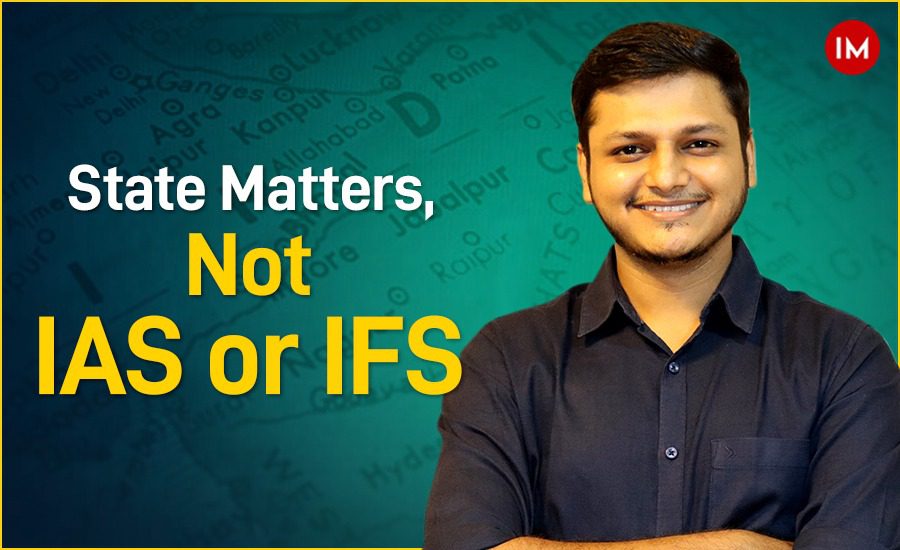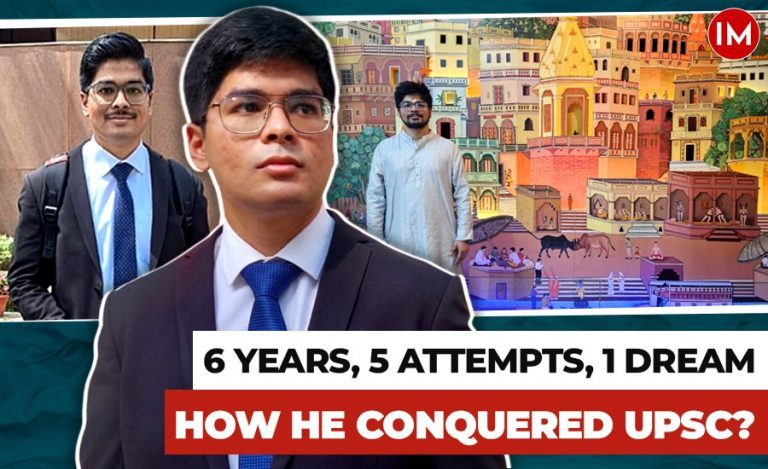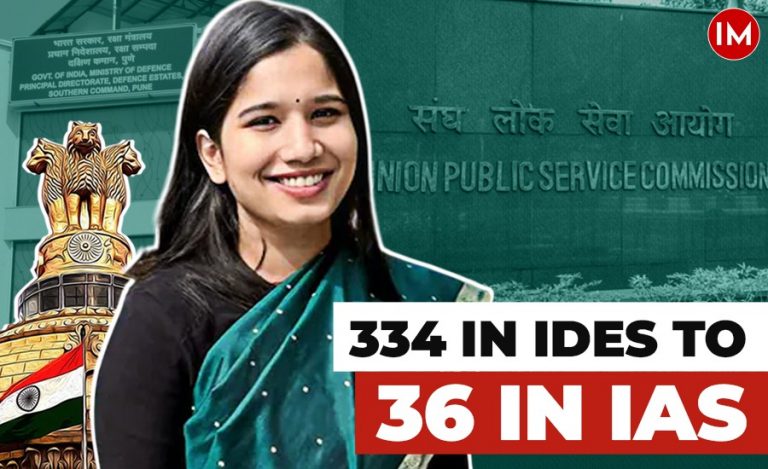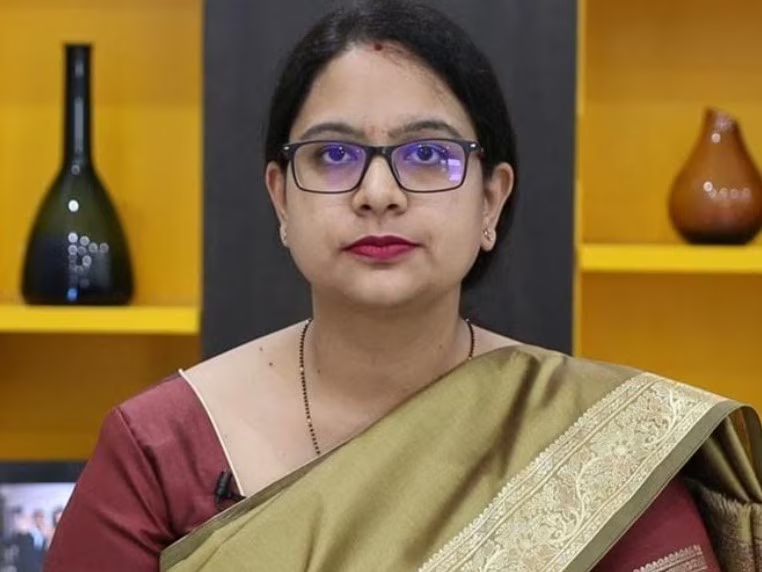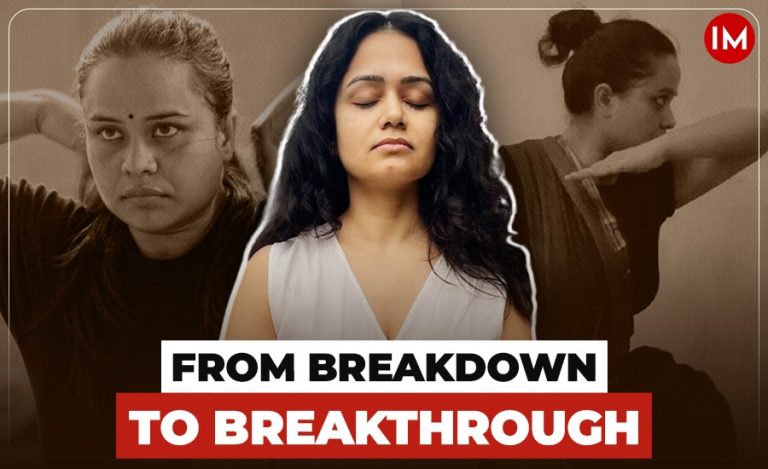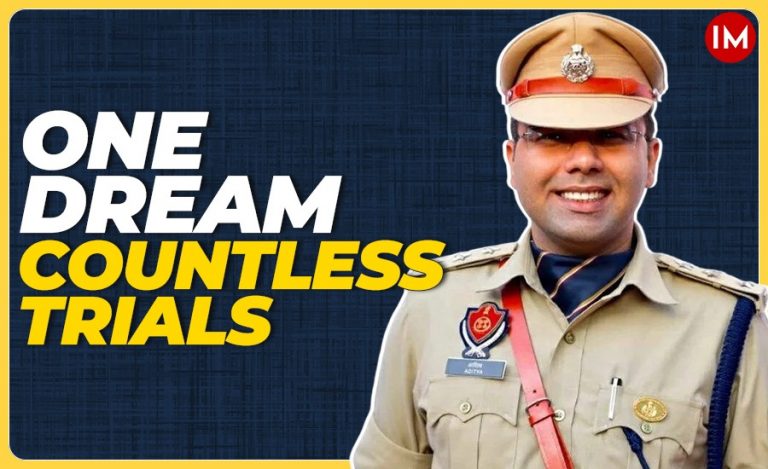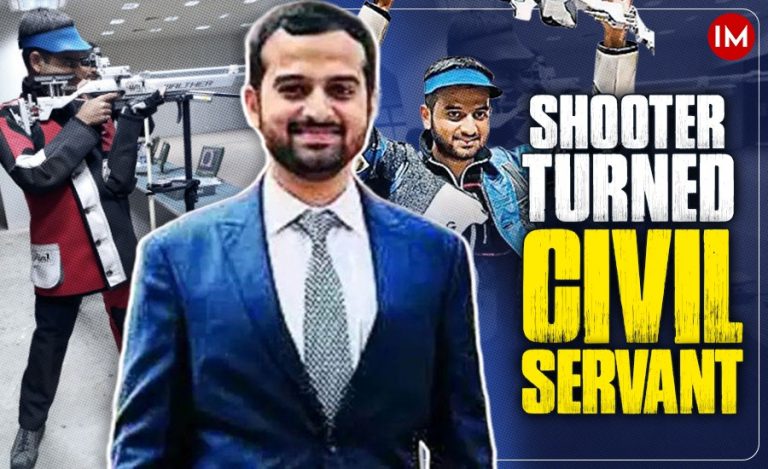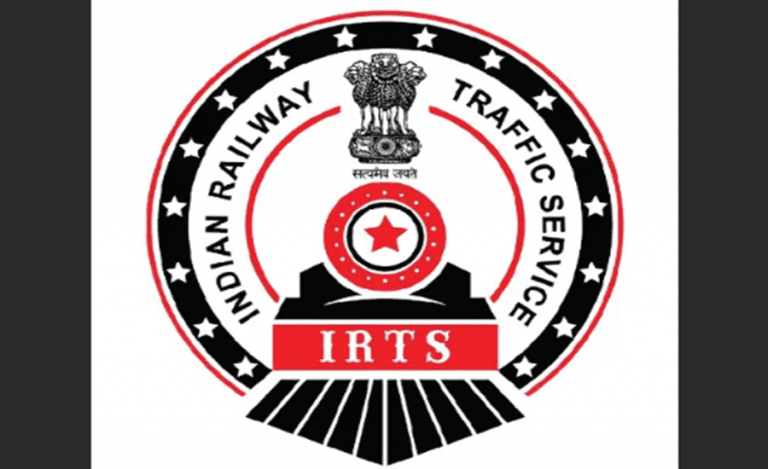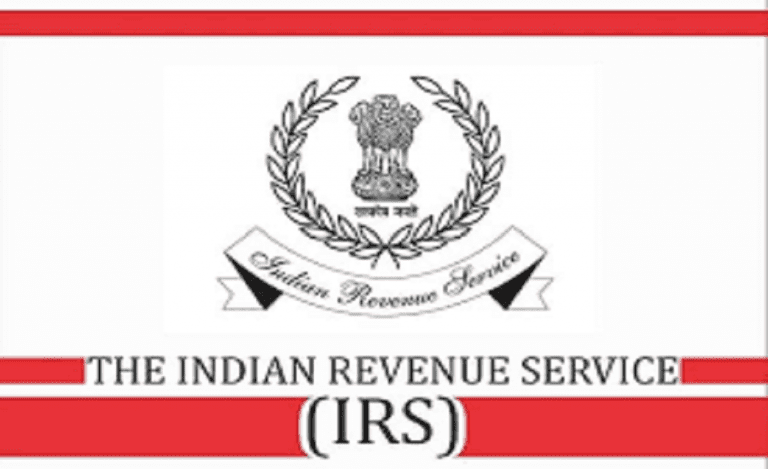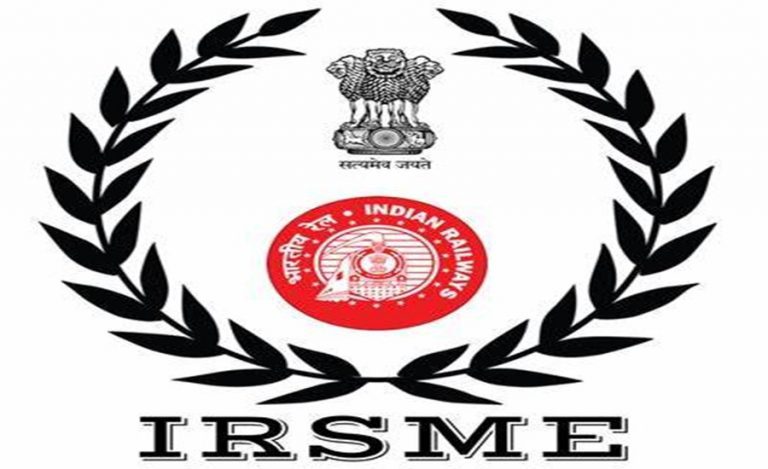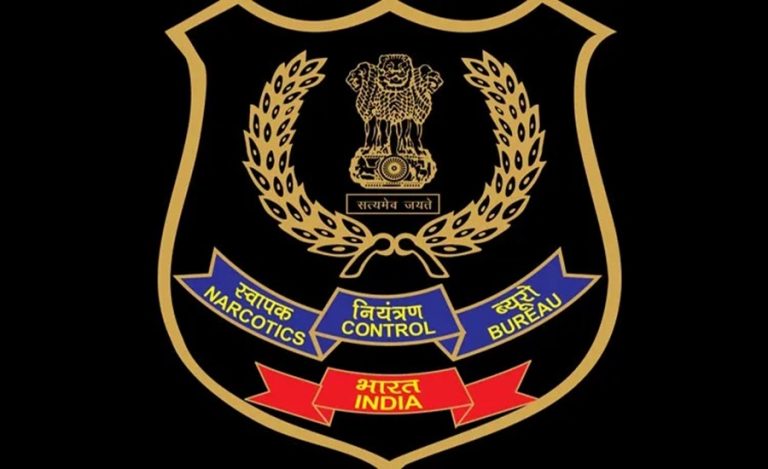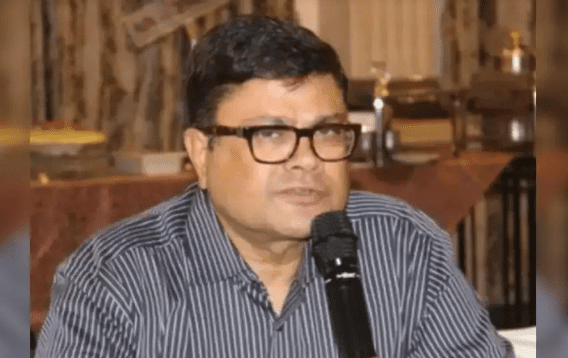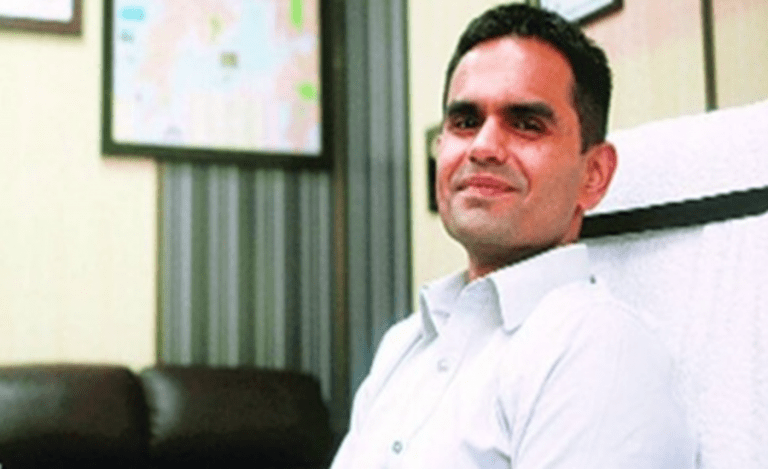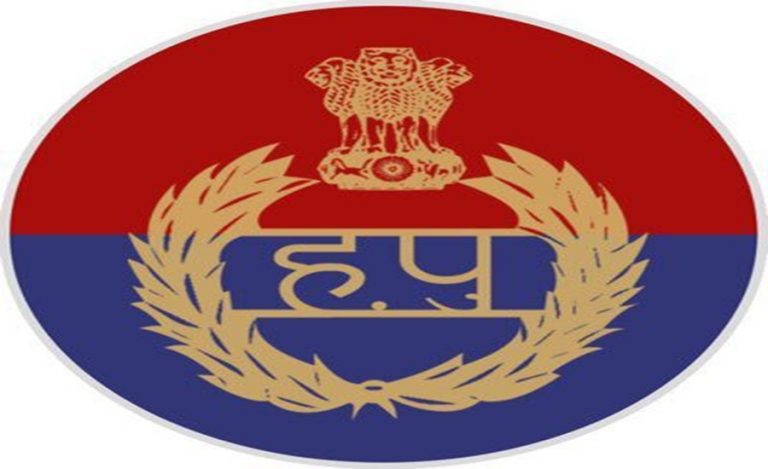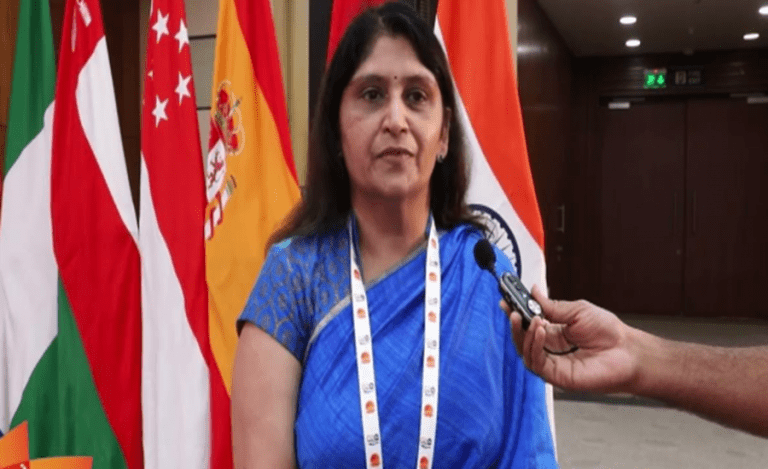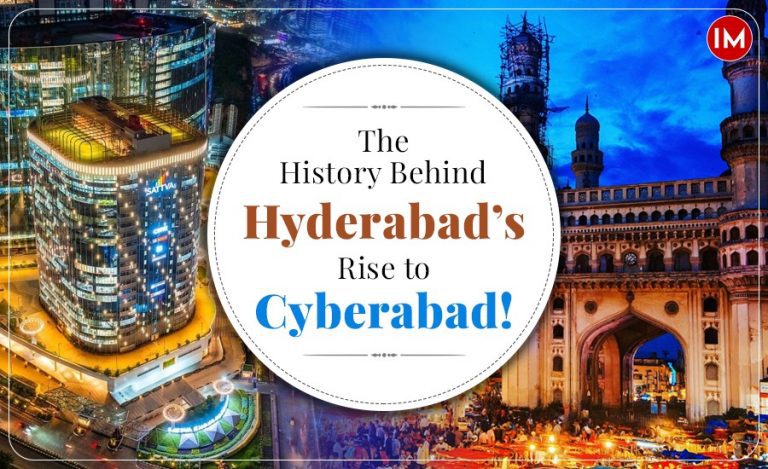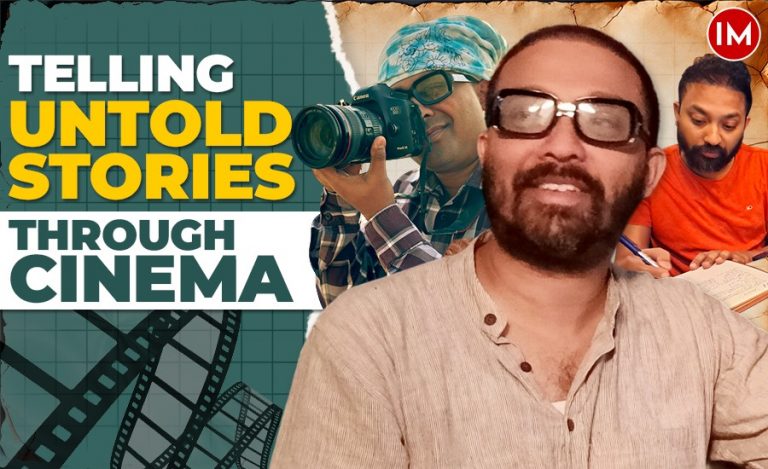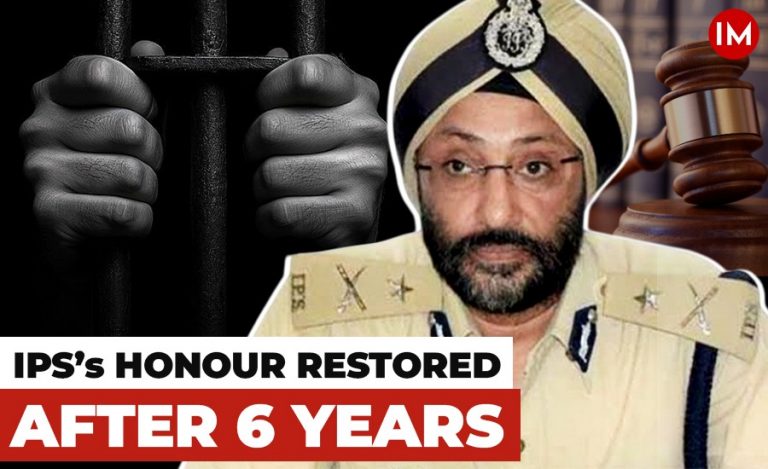Pratik Indalkar, originally from Satara but born and raised in Navi Mumbai, had always been captivated by the life of a bureaucrat. With his father in the government service, young Pratik had hundreds of opportunities to personally interact with IAS and IPS officers and grasp their work, which piqued his interest. He started harbouring hopes to become an IAS officer one day.
However, fate had other plans in store for him. Pratik cracked the UPSC IFS examination by securing AIR-8 while still in the midst of taking the UPSC CSE examination to realise his IAS dream.
Indian Masterminds exclusively spoke with him to know more about his journey and future plans.
EARLY DAYS
Pratik’s father is a government employee who works as a Deputy Secretary at the Maharashtra secretariat, which naturally allowed young Pratik to gain insight into the life and workings of civil servants. Pratik also heard stories from his maternal grandfather about IAS officers and how their power can touch and change the lives of ordinary individuals for the better.
“My nanaji instilled this in me since I was about 2-3 years old, and as I grew older, I also watched the lives of bureaucrats for whom my father worked. I saw how a single signature on a piece of paper from an IAS officer could impact the lives of so many people, and that’s when I knew I’d found my true vocation,” he told Indian Masterminds.
PREPARATION
Pratik travelled to Delhi after finishing his college in Mumbai to start his UPSC preparation. It took him some time to grasp the scenario because he wasn’t sure how the preparation should be done and also didn’t have sufficient guidance. He began his preparation by purchasing self-study books, guidelines, and PYQ.
Although Pratik grew up in a home where he got the chance to interact with IAS officers, he was unaware of the different positions available through CSE. He learned about IFS and other services during his preparation period in Delhi. He attempted UPSC for the first time in 2018, but was unable to pass the exam.
FROM IAS TO IFS
While giving the exam, Pratik realised that the syllabus for both the IAS and IFS preliminary exams was nearly identical. However, the Mains in both exams were slightly different. Pratik decided to try his luck at IFS while preparing for IAS, and took the Prelims.
To his delight, he passed the Prelims level of the IFS examination and advanced to the Mains. He worked hard to prepare for the Forestry and Agriculture Engineering topics, which are the two most essential elements of the IFS Mains.
Because his optionals in both the IAS and IFS exams were different, he tried to strike a balance by preparing for the other as soon as the first was finished.
“Smart strategy is to take toppers’ notes and precisely read them. It’s not necessary to cover the GK and English parts for IFS as we are already doing it for CS. So our entire focus gradually shifts to preparing for the two optionals, which becomes very helpful,” said Pratik.
HAPPY MOMENT
Pratik gave his third attempt at IFS in 2022 and enlisted his name in the top 10 as he secured AIR-8! He was very happy to see his rank at such a high level and is excited to witness what his journey brings to him next.
He has also cleared UPSC CSE Prelims this year and will appear for the Mains in September, after which, he will join IFS Training Centre in Dehradun.
Talking about whether he will choose IAS over IFS, in case he clears CSE, Pratik said, “It depends on what cadre I get, whether I get IAS or IPS. I could get into the service but it might happen that my rank doesn’t get me a cadre that I am comfortable with. In IFS, I have a good rank, which will surely earn me a cadre of my choice. So, these things would matter and will be taken into consideration if I’ll ever have to choose between services.”
FUTURE PLANS
Pratik has some wonderful plans for his future as an IFS officer. He shared them with Indian Masterminds, “Tribal communities are the most important part of forests. They have been conserving the forests since the past so many years and are still being blamed for destroying the ecosystem. There needs to be a balance between economy and ecology, and that is where I wish to work upon. Tribal welfare is as important as forest development and I hope I will be able to do justice to both.”

